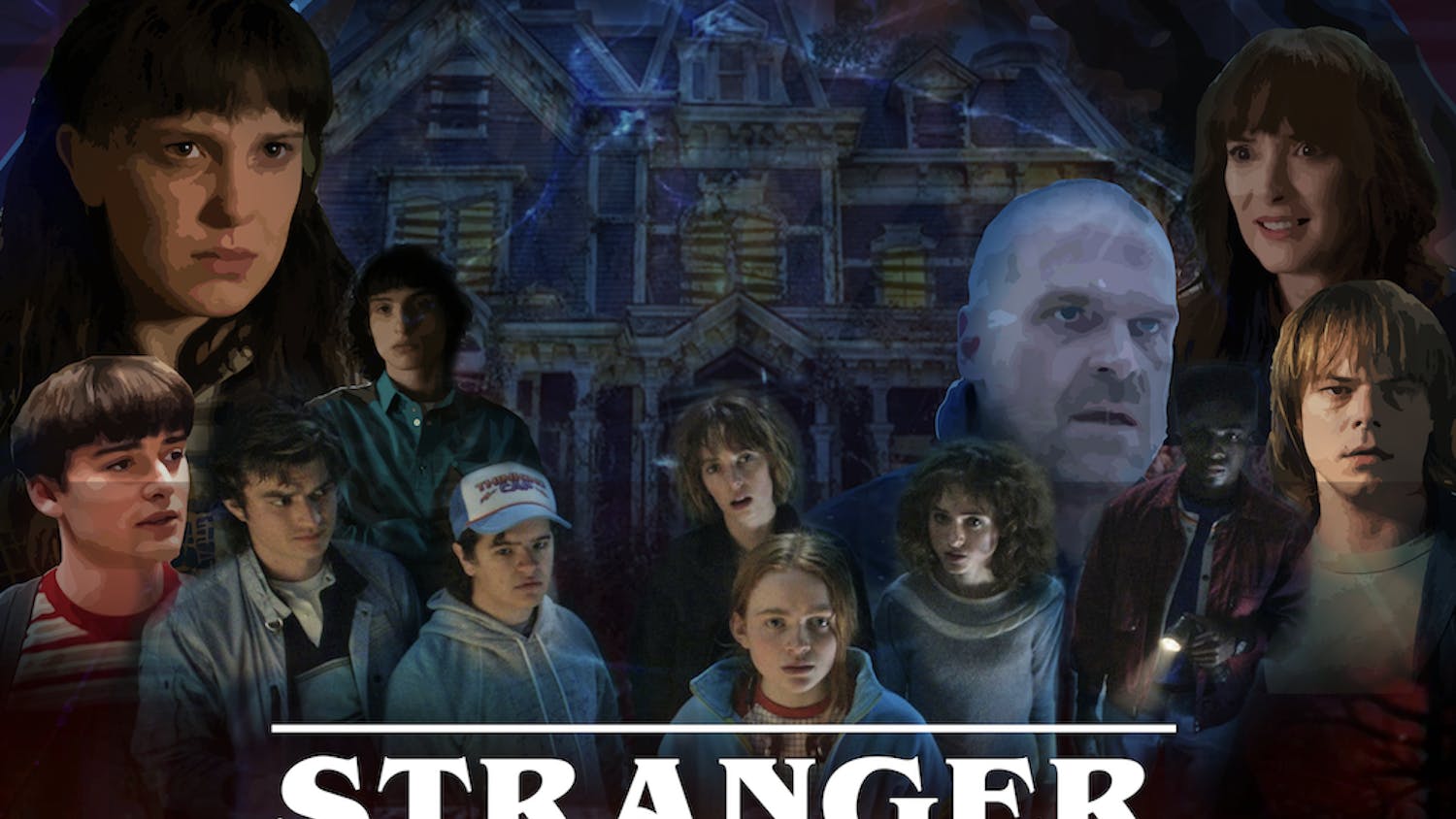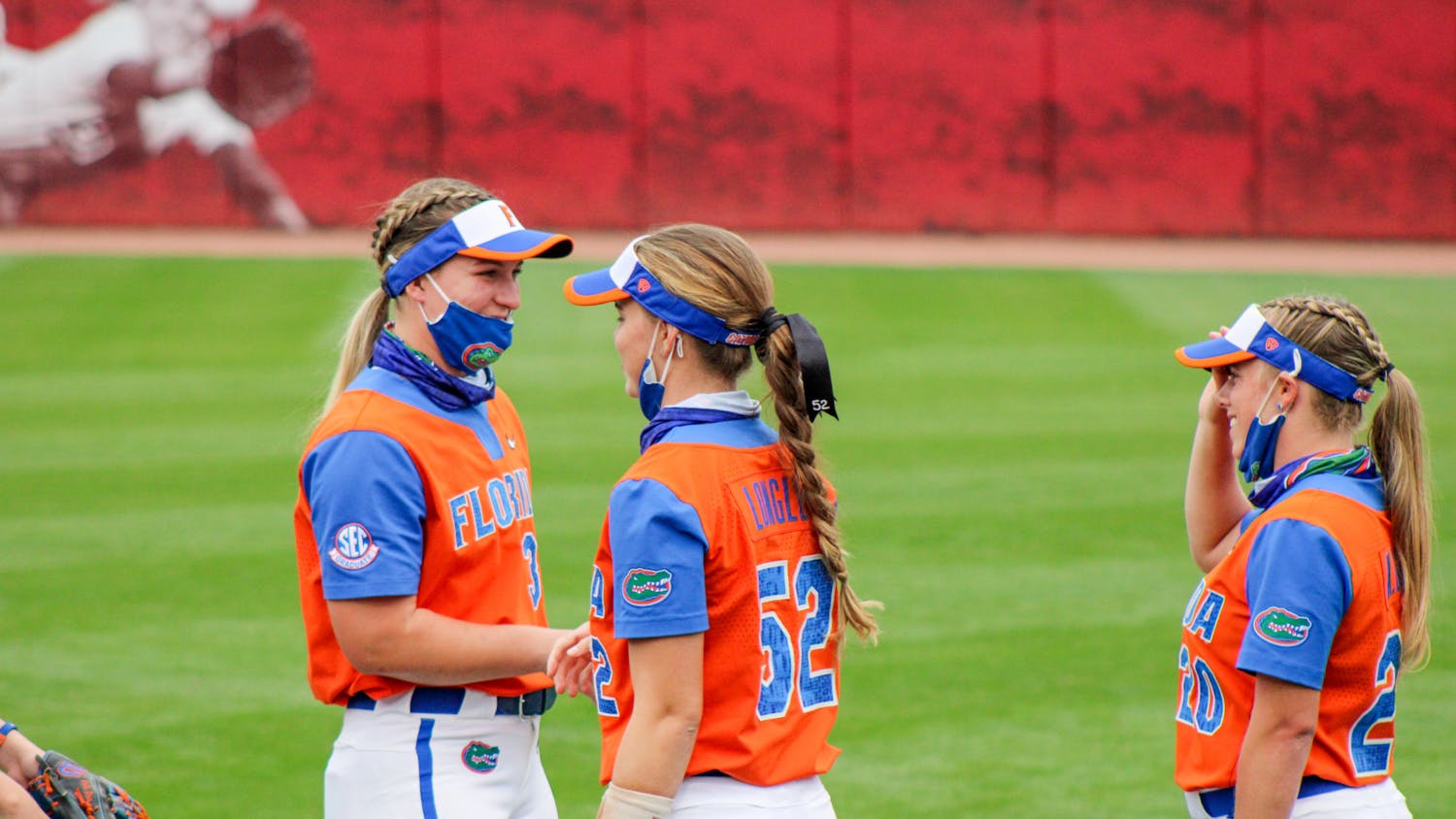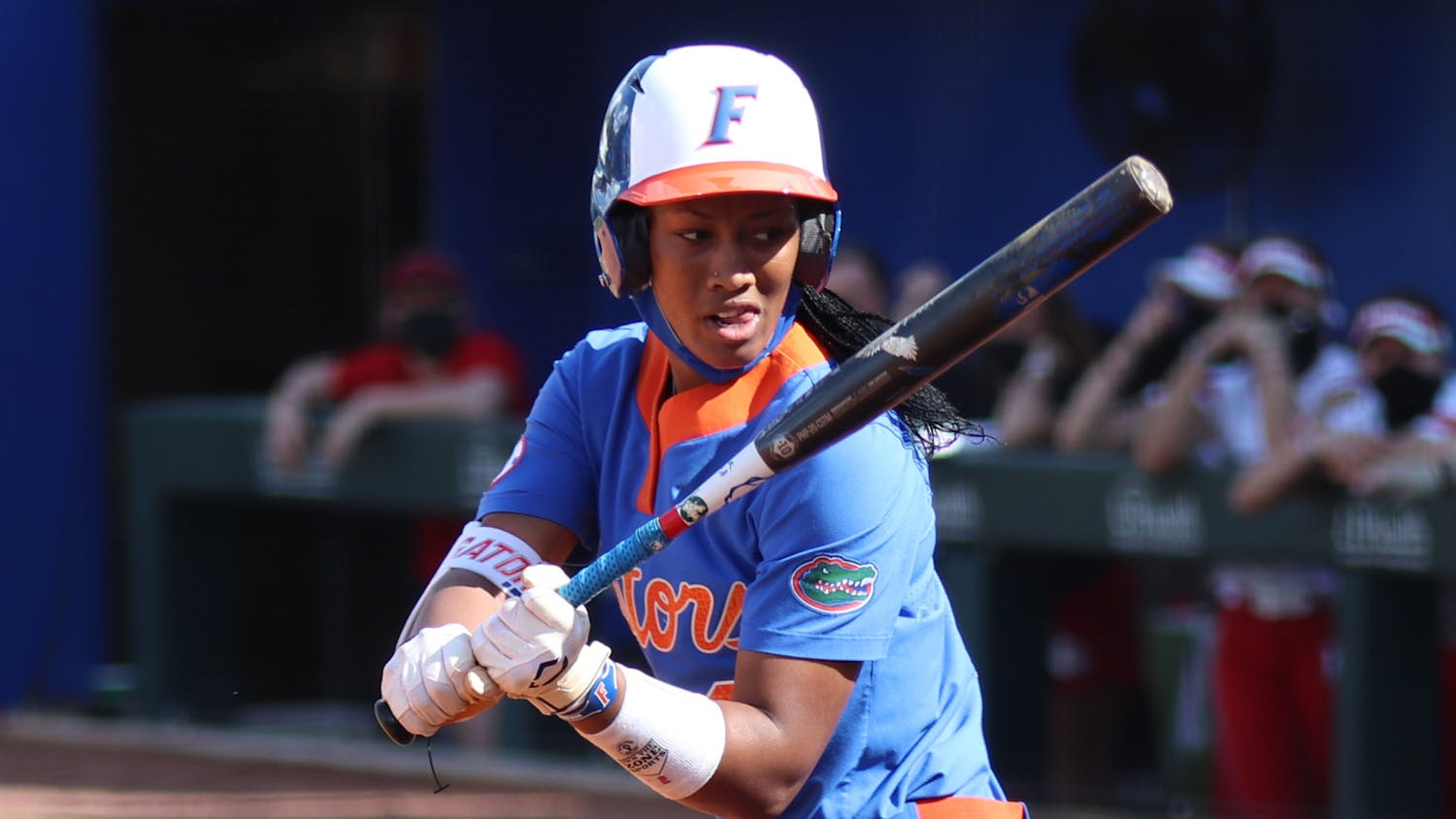Adapting a book to a feature-length film is a near-impossible task.
As a fan, you want the films to mimic the books as closely as possible. As a producer, your goal is to make a movie accessible to all audiences. Making everyone happy is an unrealistic goal.
I grew up with the "Harry Potter" books, just as many of you did. The series has played a defining role in our developmental years, and, on a wider scale, in pop culture as a whole. Since the books have been an ever-present force in my life, I tend to be a lot more unforgiving with these films than with other book adaptations.
With that said, the "Harry Potter" films gave their best effort to bring to life the stories we read in the books. On Rotten Tomatoes, every film has received 80 percent or higher - aside from a rightly deserved 78 percent from 2009's "Half Blood Prince," and a surprisingly low 79 percent from 2010's "Deathly Hallows Part 1."
I felt the first three films did the books proper justice. Shorter page lengths meant less content that had to be covered in the average run time of about two hours. This gave more time for the films to touch on the little details, which we don't see much of in the later films. Seeing Hogwarts, Quidditch and the Whomping Willow on screen for the first time were amazing experiences. Daniel Radcliffe, Rupert Grint and Emma Watson immediately captured our hearts as young Harry, Ron and Hermione.
Gilderoy Lockhart was played exceptionally well by Kenneth Branagh in "The Chamber of Secrets," as was Sirius Black by Gary Oldman in "The Prisoner of Azkaban." The third film was presented in a much darker, grittier tone compared with the magical fantasy world painted in the first two. Even the costumes were different, with untucked shirts and scarves arranged different ways, rather than the cookie-cutter clones in the first two movies.
The fourth film in the series, "The Goblet of Fire," is where things start to break down a bit. There just isn't enough time in a two-and-a-half-hour-long movie to effectively execute 730 pages of details. Obviously, things had to be cut. The first three books could have been shot scene-for-scene, but the fourth was the turning point where content important to the book, such as Hermione's Society for the Promotion of Elfish Welfare (‘spew,' according to Ron), was cut out to shorten the run time. The action sequences in the Triwizard Tournament are still strong, albeit a bit shallow.
"The Order of the Phoenix" continues the struggle of run time versus page length. With plenty of content cut, only the bare bones of the story remain. Harry's relationship with Cho Chang feels a bit rushed and out of place, but the movie is saved by Imelda Staunton's perfect portrayal of everyone's least favorite Defense Against the Dark Arts teacher, Professor Dolores Umbridge. Staunton does a sickeningly sweet job of making viewers hate Umbridge just as much as they did in the books.
"The Half-Blood Prince" is easily the weakest film, in my opinion. It plays out like a rushed Wikipedia entry. There is an over-simplified mention of the Horcruxes, a quiet revelation of the true identity of the Half-Blood Prince and an awkward scene where The Burrow gets burned to the ground. Not to mention the final few moments of the film, which are the worst of the series. Harry stands around like a frightened puppy while Snape kills Dumbledore instead of being immobilized and unable to help, as he was in the book. It made Harry look like a pansy and Dumbledore a weak old man.
Also, there wasn't even a mention of Dumbledore's funeral. We had a 15-minute cry fest when Edward - erm, Cedric Diggory - died in "Goblet of Fire." But when Dumbledore dies, we don't get a sufficient scene to appreciate the magnitude of his murder. This was monumental in the books: Harry established that he wouldn't be returning next year, couldn't maintain a relationship with Ginny and that he was going to hunt down Voldemort once and for all.
Dumbledore's character gets the short end of the stick in the films. In the books, he is a wise, intimidating, powerful and respected teacher wrapped up in a calming demeanor - truly, one of the better literary characters of all time. In the films, he comes off as a smart, goofy old man. The late Richard Harris' portrayal of Dumbledore was much stronger than that of current actor Michael Gambon, who plays a Dumbledore that loses a lot of depth.
The films are what they are. I do enjoy them, and I can understand why certain scenes were cut or ignored. For the most part, I think the films have done a great job in portraying the main aspect of the books. Breaking up the final novel into two films was a great decision, as the first part spent its time efficiently setting the stage for the epic conclusion.





